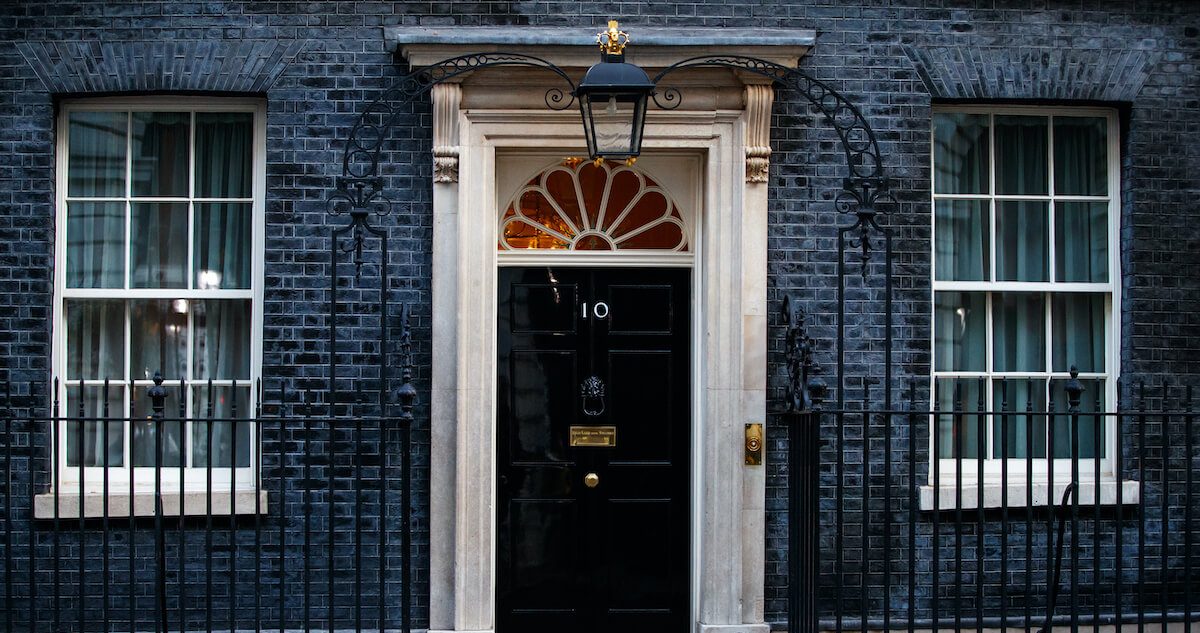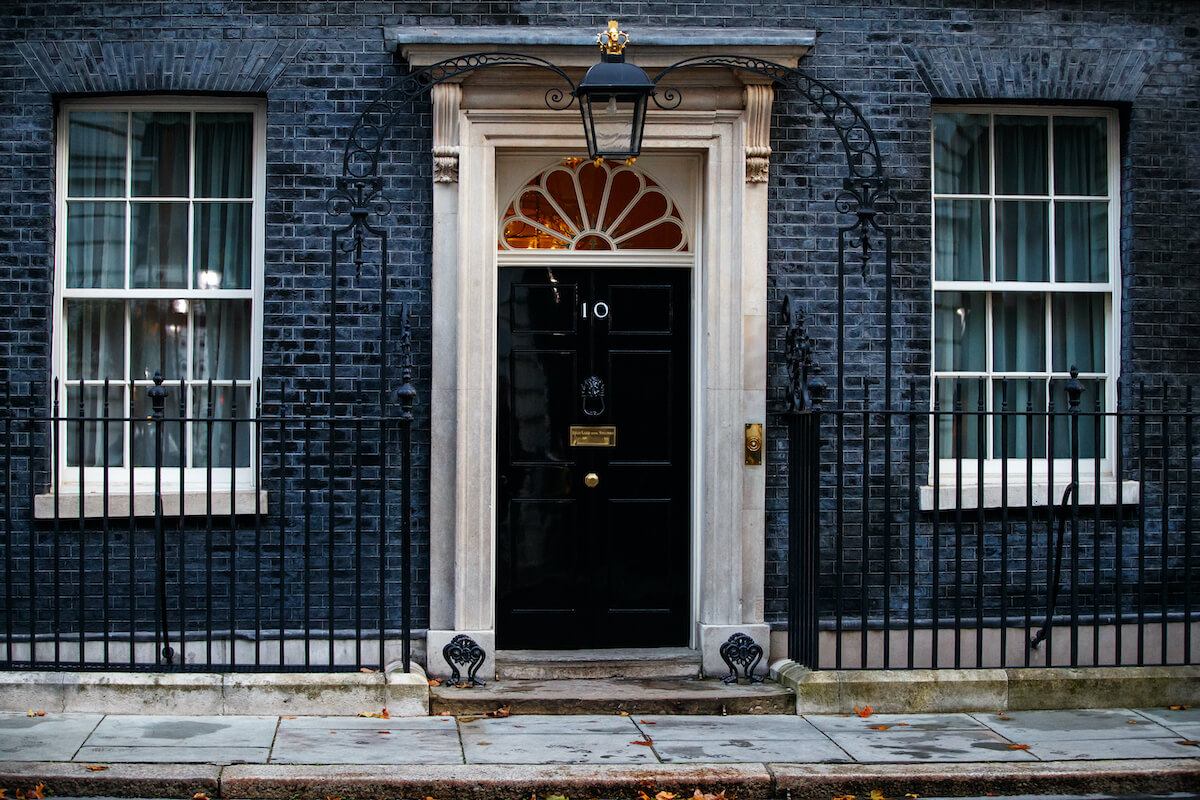


The spread of COVID-19 has led to the UK Government providing support to certain industries and economic entities. During the pandemic it has been important to support and allow flexibility. This has led to Governments across the EU taking steps to relax the rules surrounding State Aid and regarding Competition Law.
While the UK remains in the Brexit transition period EU law continues to apply to the UK. Like any Member State, the UK remains bound by EU State Law which allows for certain aid to be provided to assist operations impacted by natural disasters, exceptional occurrences or remedy a serious disturbance in the economy.
The COVID-19 pandemic has seen a significant impact on operations which has forced the UK Government to execute strategies that have never before come under consideration.
On March 19th 2020, the European Commission issued the Temporary Framework for State Aid Measures to Support the Economy in the current COVID-19 Outbreak (Framework). The purpose of the Framework is two-fold;
The Framework is temporary and will only be in support of measures granted up to December 31st 2020.
Existing State Aid law would already allow for aid to be given in line with general block exemption and to sectors that have been significantly impacted by the COVID-19 outbreak (provided confirmation from the Commission).
However, as the COVID-19 pandemic has impacted each Member State, the Commission has found that permitting aid is fair and not contrary to healthy competition between businesses across the EU states. Similarly, each Member State has had to navigate enforced containment measures that are disrupting day-to-day business operations and, therefore, additional support is needed.
The Framework confirms that aid meets the regulation when these guidelines are met:
However, not all operations fall within these guidelines. It is worth noting that there are further restrictions to those in the agricultural, fishery, and aqua cultural sectors.
Also included within the Framework are other forms of permissible aid including state guarantees for loans taken by companies from banks and subsidised public loans to companies.
On the basis of the Framework, the UK Government received confirmation from the Commission in respect of The First Support Scheme and the Second Support Scheme. Both of these were to support businesses affected by the impact of the COVID-19 pandemic.

Further to the Framework for State Aid, the UK Government has also looked to relax elements of competition law at this time.
Both UK and EU competition law prohibit agreements, arrangements and concerted business practices which appreciably prevent, restrict or distort competition (or where this is the intended result) and which affect or may affect trade within the UK or the EU respectively.
In normal times, competition law prevents companies within the same industry from collaborating or entering into collaboration agreements where they are found to be colluding (for example price fixing) that inhibits free and fair competition. However, given the unprecedented nature of the COVID-19 pandemic, it has been agreed that cohesion and collaboration within industries should be encouraged.
The law has been modified to allow agreements that would ordinarily be considered anti-competitive, to be deemed as lawful. The main industries impacted are grocery and logistics as collaboration is essential to ensure the population is serviced during this time.
In regards to grocery suppliers, the Order permits sharing and coordination between firms as follows:
In regards to logistic suppliers, the changes permit sharing and coordination between firms as follows:
Although the changes are supported by the Competition and Markets Authority (CMA), it doesn’t mean that they aren’t tightly monitoring business throughout this time. The aim of relaxing competition law is to ensure the population is serviced effectively during the pandemic, not for businesses to exploit the crisis as a cover for non-essential collaboration.
Although collaboration between businesses is currently allowed, the CMA has warned that this was only temporary, and the regulations should not be ignored completely. Any business that is meeting with its competitors should still follow best practices including detailed minute taking and agenda-setting to ensure compliance and transparency. Also, there should be no sharing of longer-term pricing strategies or business plans post COVID-19.
These changes might be both manageable and beneficial to the economy and society as a whole; for example:
We wait to see what the “new normal” will entail and whether experiences from changes introduced temporarily as a result of the COVID-19 pandemic will actually be seen longer term as the new normal?

